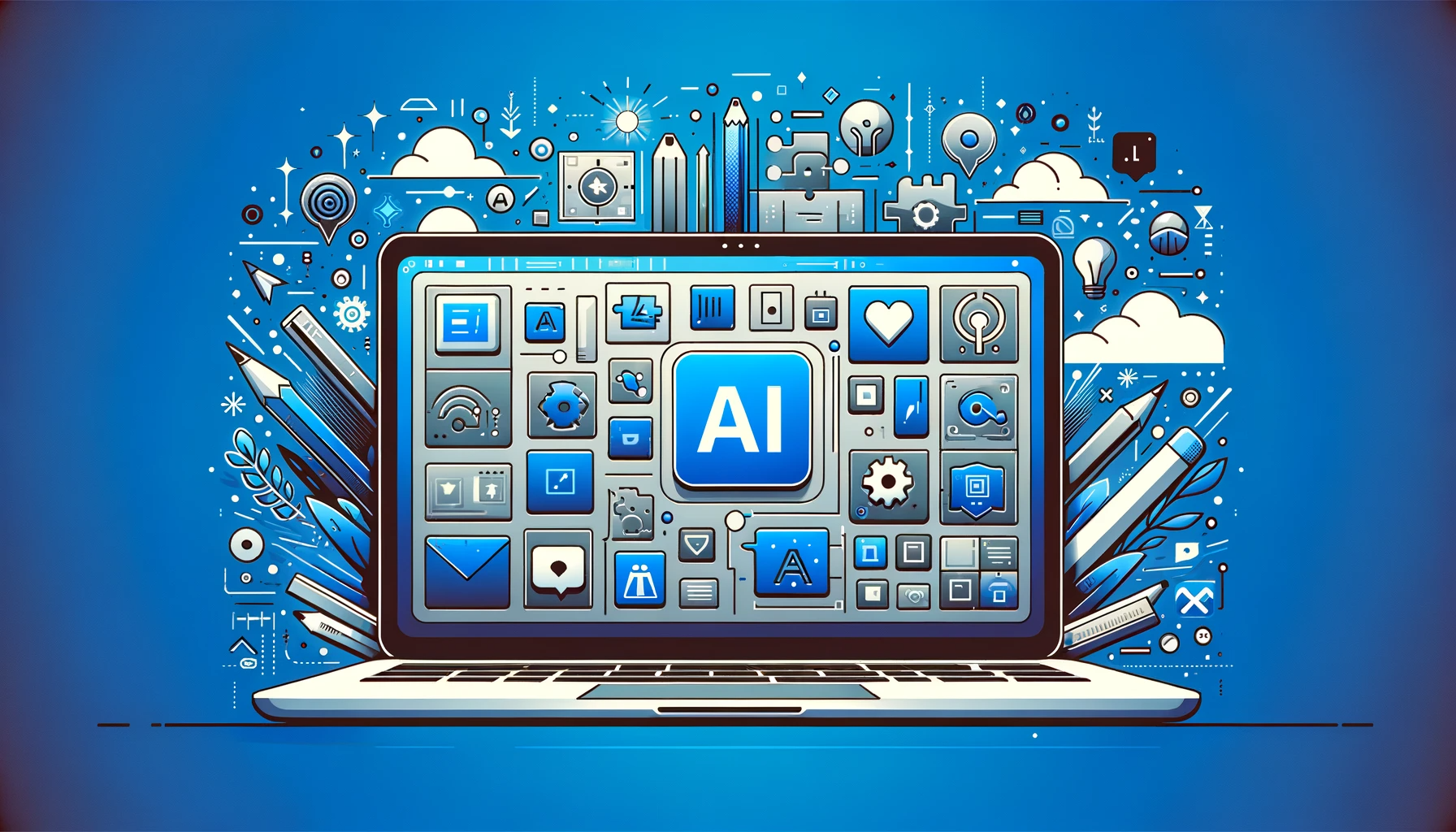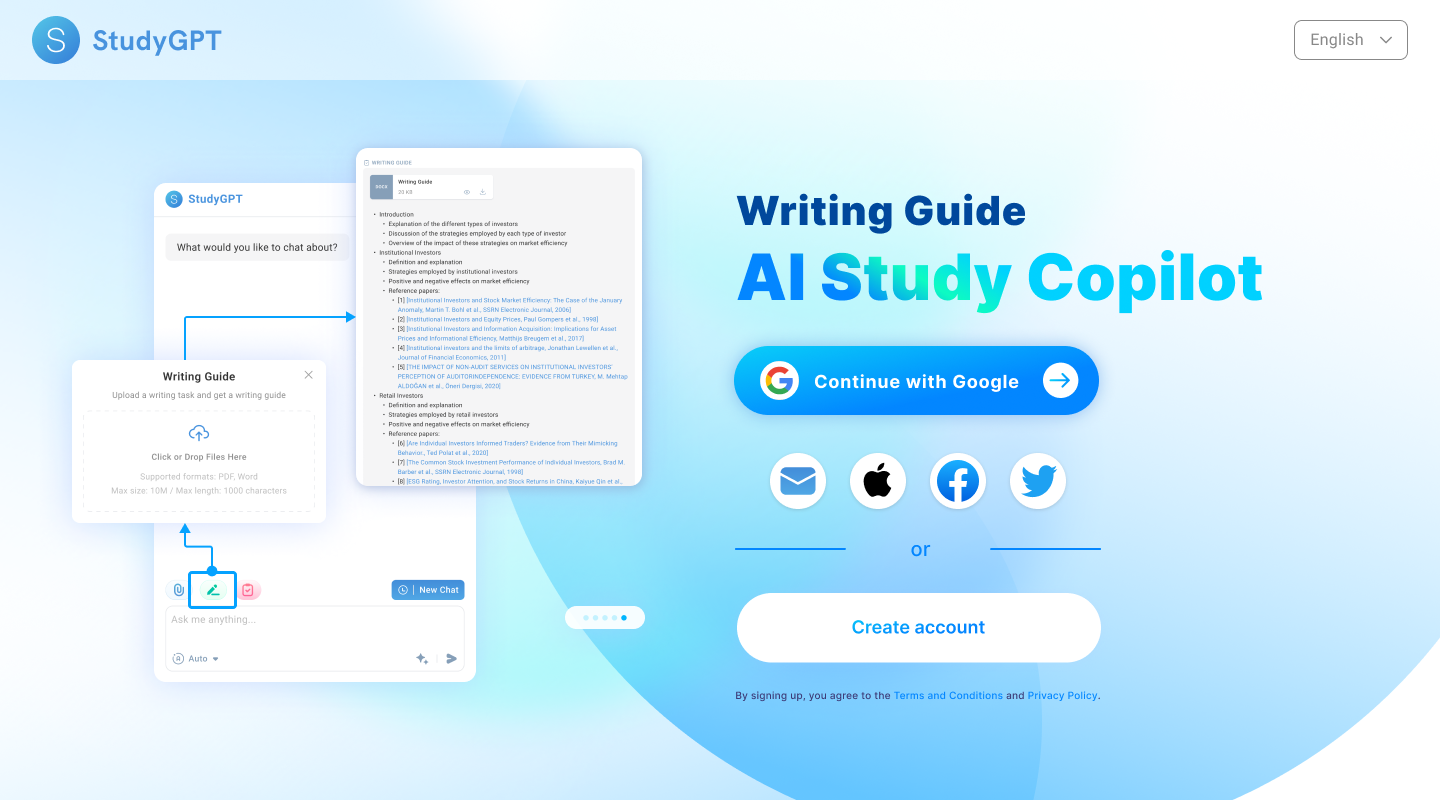Before now, examinations used to be a source of fear and anxiety for most students. Now, leveraging the enhanced technology of artificial intelligence has relieved that fear from students. Artificial intelligence (AI) has contributed to exam success by acting as a productive study tool to help students prepare for exams more efficiently and effectively. These tools can provide personalized learning experiences, offer immediate feedback, and help students manage their time better.
This article will explore how AI tools can be utilized for exams, discuss various types of AI applications that will benefit students preparing for exams, and offer practical tips for students.
AI in Education
What is AI?
Artificial intelligence is an umbrella term for machines and systems resembling and mimicking human intelligence. These machines and systems can perform tasks like understanding languages, solving problems, making decisions, and assisting humans. In education, AI can analyze large amounts of data, provide insights, and offer solutions to improve learning outcomes.
How is AI Transforming Education
AI is changing education from the traditional method of sitting in class, grading on paper, and hours of mindless reading to a modern method with personalized learning experience, tailored learning outlines, automated administrative tasks, and new forms of virtual and online assessments.
For exams, AI tools can help students by offering tailored study plans, practice tests, and immediate feedback.
AI Tools for Exam Preparation
AI-Powered Study Assistants:
AI-powered study assistants have chatbots and virtual tutors that can help students with their studies by answering questions, providing explanations, and offering study tips. These study assistants also help students quickly understand the main points of every material or textbook they read.
Some examples of AI-powered study assistants include:
- StudyGPT: An AI-powered assistant that helps students prepare for exams by answering questions and providing detailed explanations on various topics.
- Quizlet: Uses AI to generate study sets and quizzes tailored to the student’s learning progress and needs.
Intelligent Tutoring Systems (ITS)
Intelligent Tutoring Systems (ITS) are AI-driven platforms that provide personalized instruction and feedback to students. Here, data is obtained from the daily interactions of the student and used to tailor lessons and exercises to their individual needs.
Why is ITS important?
- Personalized Learning: This system tailors lessons based on the student’s strengths and weaknesses.
- Immediate Feedback: Students receive instant feedback on their performance, helping them understand mistakes and learn from them.
- Engagement: ITS often includes interactive elements that keep students engaged and motivated.
Adaptive Learning Platforms
Adaptive learning platforms are one of the AI tools used for exam preparation. It is used to adjust the difficulty of study materials based on the student’s performance. These platforms ensure that students are neither bored with too-easy content nor overwhelmed by too-difficult material. The more a student becomes better in a specific course, the higher the difficulty of studying materials.
Popular Adaptive Learning Platforms:
- StudyGPT: One of the best adaptive learning platforms with intelligent quizzes tailored to match the student’s level of knowledge.
- Knewton: Provides personalized learning paths and adapts content based on student performance.
- DreamBox: Focuses on mathematics, adapting lessons to the student’s skill level in real-time.
AI-Based Practice Tests
AI-based practice tests generate questions similar to those found on actual exams and adapt based on the student’s performance. Students can solve these exam questions replicas and use them to prepare themselves for the main exams. These tools help students identify their weak areas and focus their study efforts accordingly.
Key Features:
- Personalized Question Sets: Practice tests that adapt to the student’s learning progress.
- Performance Analytics: Detailed reports on strengths and weaknesses.
- Time Management: Simulated exam conditions to help students manage their time effectively during the actual test.
Predictive Analytics
Predictive analytics as an AI tool makes use of previous data to predict future outcomes. For students preparing for exams, predictive analytics can help students understand their likelihood of achieving certain grades and identify areas where they need to improve.
Applying Predictive Analytics in Exam Preparation:
- Performance Prediction: This tool forecasts the grades a student is likely to achieve based on their current study habits and past performance.
- Study Recommendations: It also suggests areas to focus on for improvement.
- Risk Identification: It identifies students who are at risk of failing and provides targeted interventions.
Benefits of Utilizing StudyGPT for Exams
StudyGPT is an AI tool that helps students prepare for exams by offering tailored learning experiences. It adapts to each student's study habits and performance, creating personalized study plans to target specific weaknesses. The tool provides immediate feedback on practice questions, helping students learn from their mistakes and improve their understanding. StudyGPT also generates customized practice tests, ensuring that students are well-prepared for their exams. It has a user-friendly interface and 24/7 availability allowing students to study at their own pace and schedule, making exam preparation more efficient and effective. Here are some reasons why StudyGPT should be your go-to plug for study help:
Efficient Time Management
StudyGPT can help students manage their time better by providing structured study schedules and breaking down complex subjects into manageable parts. Adaptive learning platforms and AI-based practice tests can simulate exam conditions, helping students develop effective time management strategies.
Immediate Feedback and Continuous Improvement
One of the significant advantages of StudyGPT in education is the ability to provide immediate feedback. This feedback allows students to understand their mistakes and learn from them instantly, promoting continuous improvement.
Enhanced Engagement and Motivation
Interactive AI tools, such as intelligent tutoring systems and study assistants, can make learning more engaging and fun. These tools often incorporate gamification elements, such as rewards and challenges, to keep students motivated.
Data-Driven Insights
AI tools can analyze vast amounts of data to provide insights into a student’s learning patterns, strengths, and weaknesses. These insights can help students and educators make informed decisions about study strategies and interventions.
Integrating StudyGPT into Study Routine
To maximize the benefits of StudyGPT tools, students should integrate them into their regular study routines. Here are some practical tips for doing that:
- Start Early: It is best to begin using StudyGPT well before exams to allow enough time for the technology to analyze your learning patterns and provide personalized recommendations.
- Consistent Use: Regular use of AI tools is essential for continuous improvement. Make it a habit to incorporate these tools into daily or weekly study sessions.
- Combine with Traditional Methods: While AI tools are beneficial, they should be used in addition to traditional study methods, such as textbooks and classroom notes. A balanced approach will help comprehensive learning.
Why is StudyGPT a Great Choice?
With numerous AI tools available, selecting the right ones can be challenging. These are the reasons StudyGPT is the best AI tool for exam preparation:
Relevance: StudyGPT covers the subjects and topics relevant to your exams. It is not just specialized to some subjects.
User-Friendly Interface: StudyGPT has a user-friendly interface. This makes it easier to navigate and utilize all the features effectively.
Proven Track Record: There are positive reviews of StudyGPT everywhere. There is a proven track record that StudyGPT helps students improve their exam performance.
Making the Most of Feedback
StudyGPT provides valuable feedback that can significantly enhance learning outcomes. To make the most of this feedback:
- Act on Recommendations: Follow the personalized recommendations provided by StudyGPT to address your weaknesses and improve your strengths.
- Reflect and Adapt: Regularly reflect on your progress and adapt your study strategies based on the feedback received. Doing this ensures steady improvement.
Future of AI in Exam Preparation
The future of AI in exam preparation looks promising, with continuous advancements in technology and increasing adoption in education. Here are some potential future trends:
More Sophisticated AI Algorithms
As AI algorithms become more sophisticated, they will offer even more personalized and accurate recommendations, further enhancing the learning experience for students.
Expansion of AI Tools
The range of AI tools available for exam preparation is likely to expand, covering more subjects and offering diverse functionalities. This expansion will provide students with a broader selection of tools to choose from, catering to various learning styles and preferences.
Greater Focus on Soft Skills
Future AI tools may place a greater emphasis on developing soft skills, such as critical thinking, problem-solving, and communication. These skills are essential for success in exams and beyond.
Conclusion
AI tools like StudyGPT offer immense potential for enhancing exam preparation and improving learning outcomes for students. By providing personalized learning experiences, efficient time management, immediate feedback, and data-driven insights, AI tools can help students achieve their academic goals. However, it’s essential to balance the use of AI tools with traditional study methods and critical thinking skills. As technology continues to evolve, the future of AI in exam preparation looks promising especially with Study GPT, offering even more innovative solutions to support students in their academic journeys.


